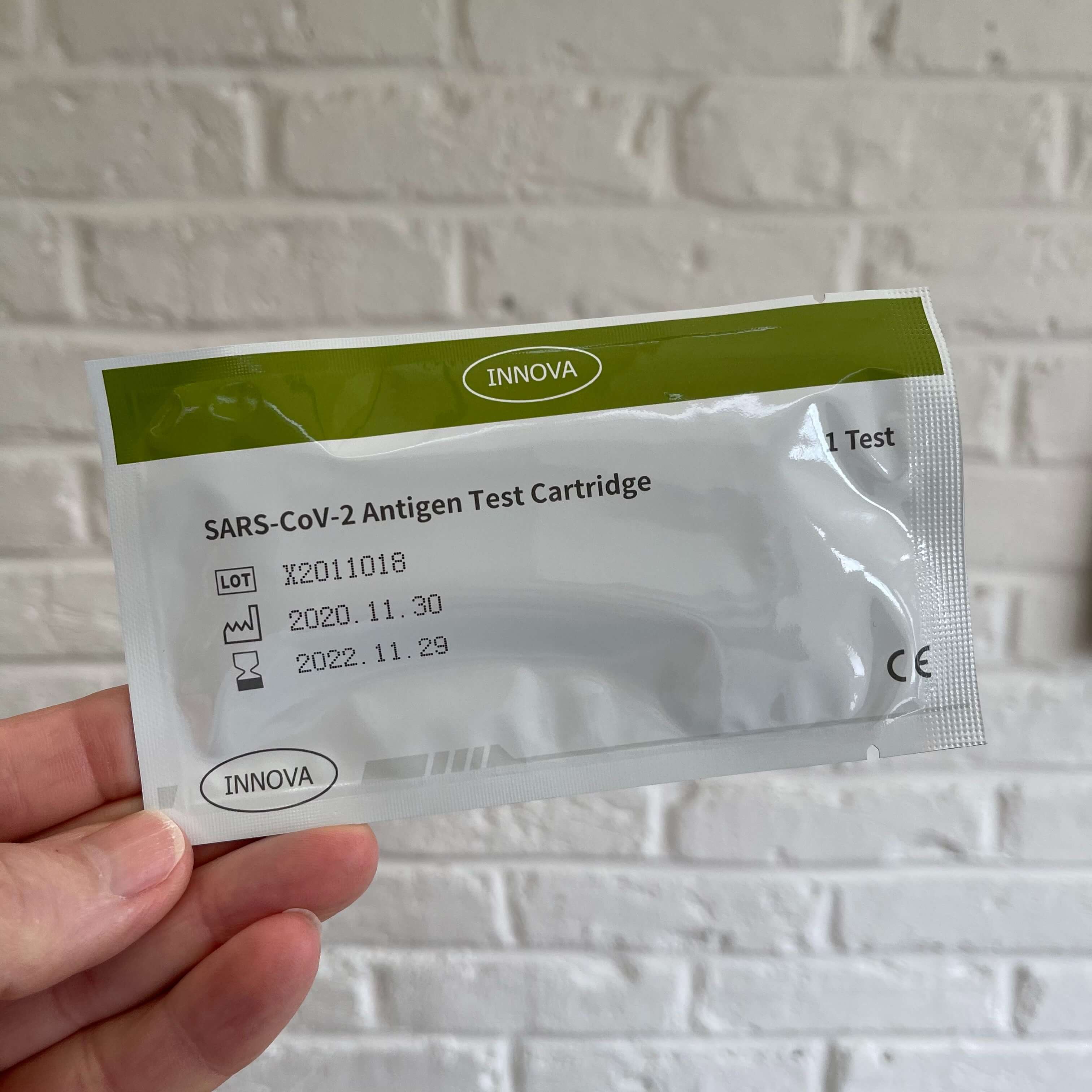
How Do Covid-19 Antibody Tests Differ from Diagnostic Tests
Testing is one of the key ways the UK government is using to stop the spread of the coronavirus. But with so many tests available, it can be difficult to know the circumstances under which they should be used. For instance, if you’re experiencing shortness of breath and you suspect you have Covid-19, you’ll probably have to take a Covid-19 diagnostic test such as the Healgen lateral flow test. This test also referred to as an antigen test helps detect if you have an active Covid-19 infection.
However, if you already had Covid-19 in the past, your healthcare provider will most likely recommend you take a Covid-19 antibody test to help check if your body has developed immunity to protect you against future Covid-19 infections. To help you better understand each of these tests let’s look at antigen vs antibody testing in detail.
What Is an Antibody Test for Covid-19 and How Does It Work?
Let’s start by answering the question, what is an antibody test? As mentioned earlier, an antibody test also referred to as a serology test is done after one has recovered from Covid-19 to determine the presence of antibodies against the virus. Antibodies are proteins that are produced by the body as a response to an infection. Antibodies are found in the plasma or the liquid part of the blood.
A Covid-19 antibody test is used to detect the presence of IgG antibodies which are the antibodies specifically produced by the immune system in response to the coronavirus. In case the test detects IgG antibodies in your body, then this is an indication that you have developed an immune response against the virus. However, this doesn’t mean that you can’t get re-infected as it’s still possible to get the virus and spread it even after a positive antibody test.
During Covid-19 antibody testing, a blood sample is used instead of a swab sample. The reason for this is that the blood compared to the respiratory tract has very minimal amounts of the coronavirus and a significant amount of antibodies after infection. The timing of the antibody test is important as the test shouldn’t be done in the early stages of the infection since at this stage the body will not have produced antibodies. For most people who are infected with the coronavirus, their antibody immune response takes around seven to ten days after infection to the peak. The presence of antibodies will remain in the blood even after the infection, which is why the test can help detect if you’ve had Covid-19 in the past. In addition, antibody tests are useful for research as they help determine the number of people in the population who have been infected.
Types of Covid-19 Tests Approved in the UK

Covid-19 diagnostic tests such as the FlowFlex rapid test are used to detect the presence of the coronavirus in a person’s body. It means they can be used to tell whether one has the virus at the early stages of an infection.
Currently, there are two approved tests used to diagnose Covid-19 in the UK.
- The Polymerase Chain Reaction (PCR) test - This test is used to detect the presence of the coronavirus genetic material. The test uses a fluid sample collected from the back of your nostril or throat. Your healthcare professional may also use a saliva sample. Results from a PCR test are often available after a few hours if they’re analyzed on-site. In case the sample is sent to another lab, the results will be available in 1 to 3 days. The PCR is known as the most accurate diagnostic test when it comes to detecting an active Covid-19 infection.
- Antigen test - An antigen test is used to detect bits of proteins or antigens on the surface of the virus. Just like the PCR test, the antigen test also uses a fluid sample from the throat or nasal areas. Antigen tests such as the Healgen lateral flow test offer convenience as they can be done at home. The results are also easy to understand and are often ready in 15 to 30 minutes. Notably, although the test results are available in minutes, antigen tests are less accurate compared to PCR tests. The test also has an increased chance of giving false positives and negatives. The accuracy of the test depends on whether the instructions were carefully followed. In most cases, a negative antigen test result is often confirmed with a PCR test.
Covid-19 diagnostic tests are recommended for persons showing Covid-19 symptoms. The tests are also recommended for people who may have been exposed to the coronavirus despite them being asymptomatic. Certain groups of people such as those working in high-risk areas or communities considered to be high risk are also advised to take the Covid-19 diagnostic tests.
However, it’s important to point out that Covid-19 diagnostic tests aren’t 100 percent accurate. So, even if your diagnostic test result is negative and you’ve been exposed to the virus, it’s important to self-isolate and retake the test.
Differences Between Antibody and Diagnostic Tests
Most people confuse the Covid-19 antibody and diagnostic tests. To get a better understanding of the differences between the two, here’s a look at how the two tests differ.
- Purpose - The Covid-19 antibody test helps detect if one has developed immunity against the coronavirus while the diagnostic test is used to detect the active presence of the virus in the body.
- Circumstances - The antibody test is done after a person has already had the virus to test if they have developed a defense against the infection. The diagnostic test is done at the contagious stage of the virus and it helps determine if the person has a current infection
- Testing sample - The sample required for testing is completely different for the two tests. The antibody tests use blood samples while antigen tests use swab samples from saliva or the throat and nasal areas
- Time of testing - Antibody tests are done after one has already recovered from the virus as at this time the immune system will have developed antibodies against the virus. Diagnostic tests are done in the early stages of the infection as they help detect the active presence of the virus in the body
In closing, both Covid-19 antibody and diagnostic tests are important as they help reduce the spread of Covid-19. Results of antibody tests help determine how many people have recovered from Covid-19 while results from diagnostic tests show if one has an active Covid-19 infection. If you’re searching for diagnostic tests, such as lateral flow tests to buy in the UK, then you’re lucky. CovidTests have a variety of Covid-19 diagnostic tests for home use!



